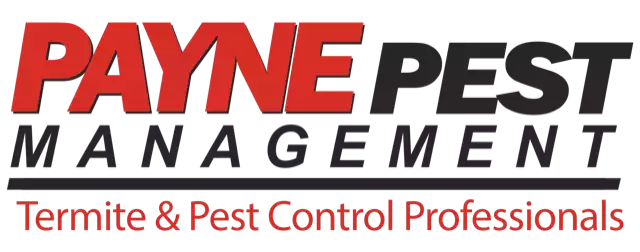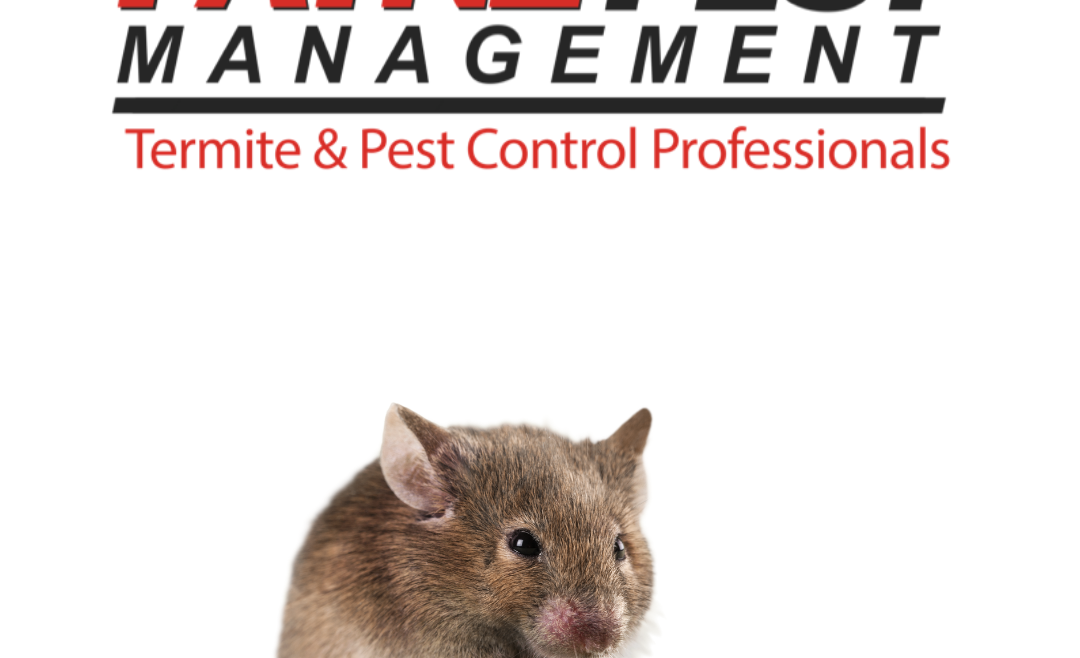How Does A Mouse Get In The Home?
Despite their size, mice are actually a big deal. They get into the home, get people sick, and then destroy wiring and insulation. Needless to say, it’s in our best interest to keep them out. However, that’s easier said than done, and in order to properly employ preventive measures against mice, we have to first understand how they got into the home in the first place.
How mice get in the home
Odds are that if there’s one mouse in the home, there’re many more to keep it company. If you spot signs of a mouse infestation, such as droppings, gnaw marks, and even the presence of a live mouse, you have more than one mouse holed up somewhere in a nest.
Mice have many options when it comes to entering a home. They can climb the building and enter through the roof, find a large enough gap near pipes that go through walls and squeeze through it, or enter through the basement and then make their way into the kitchen.
Once inside, mice do not need a lot of light to travel, since they are able to see best in dim lighting conditions. They also have a sharp sense of smell, hearing and touch which helps them travel around in the dark. Furthermore, they can use their whiskers to sense the texture of their environment, temperature changes, and currents of air. Each night, a mouse will make about 20 to 30 visits to different foraging locations inside the home, taking only a nibble of about 0.15g grams with each visit.
Prevention and control
There are two main things that you need to deny mice if you want to keep them out of your home: access points and food sources. Mice can squeeze through very small spaces, so you need to keep an eye out for gaps near your external doors, windows, pipes, ventilation, gutters, eaves, and on your roof. You also want to make sure that you store all your food in sealed containers and that no food is out in the open for too long, because this will keep mice alive in your home for a very long time.
Once the mice are inside, you have the option of using traps or poisons to get rid of them, or you can call over a pest control specialist to help you out. If you choose to go with the latter option, contact us today.







